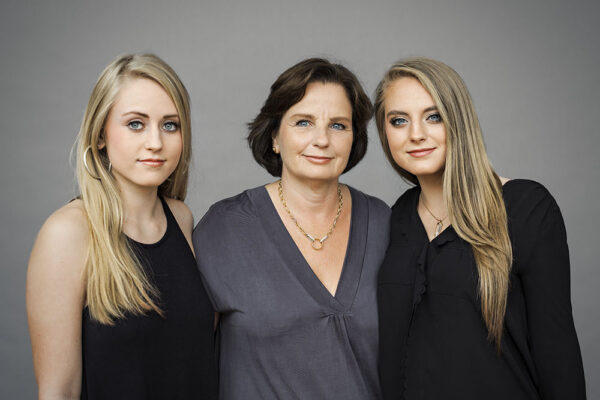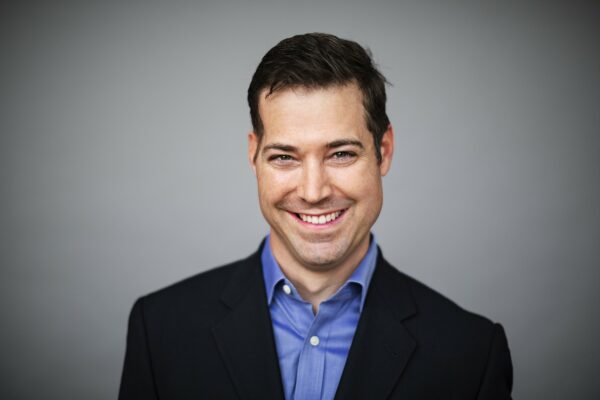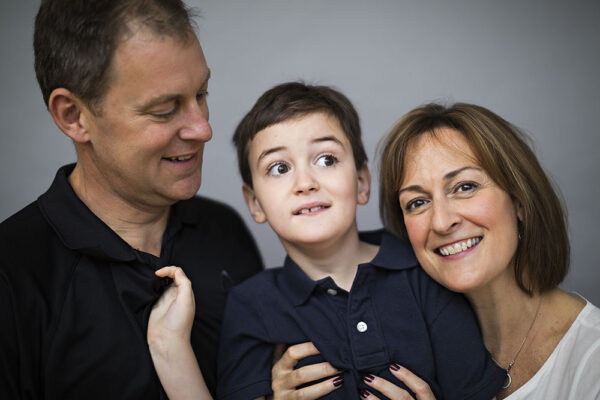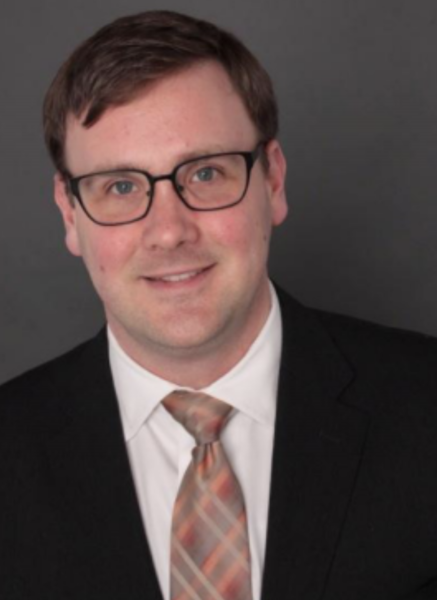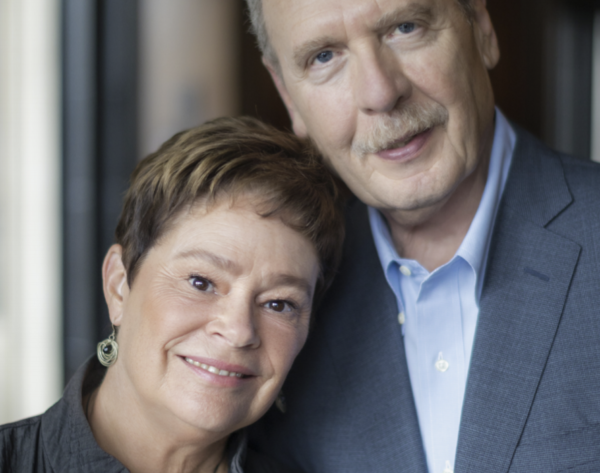
Losing a child is every parent’s worst nightmare. But when a child is lost to suicide, family members are left with many questions. When BRF donors Deirdre Jameson and Charley Huzenis lost their son Jake, they struggled to comprehend what happened, and why: “Why would this happen to a seemingly healthy, successful young man? What could they have done differently? How could they make sure this doesn’t happen to another family?”
Jake was well liked and had many friends. He had a passion for improvisational comedy, even launching a comedy troop called Another Man’s Trash while attending Eckerd College. He had a wonderful way of making others feel special. “He would give you his full attention, his full curiosity,” said his father Charley.
But Jake was struggling. He couldn’t sleep and was plagued by disturbing thoughts of suicide. At first, his parents attributed his struggles to anxiety. “He felt relief when he thought about suicide; then he attempted it,” said his mother Deirdre Jameson. That attempt led to treatment in two different programs and to Jake trying to use meditation to calm his mind.
“It’s a disease that takes over and traps you in your own mind and you cannot break out of it,” Charley said.
After four years of fighting, Jake told his parents he was tired and he’d lost his will to live. At the age of 25, Jake took his own life.
“In retrospect, what he was saying was: ‘Every day I work so hard to fight these feelings and to prevent my dying and I don’t have the energy to do that any more’,” Deirdre said.
In the wake of Jake’s death, his parents received an outpouring of support from others whose loved ones had also suffered from depression.
“It’s a lot more prevalent than we recognize in society,” Charley said. He worries that suicide may become even more prevalent with veterans coming home from conflicts in the Middle East with post traumatic stress disorder, the economic anxiety many Americans grapple with, and the ongoing opioid abuse crisis.
So, Deirdre and Charley funneled their energy and the outpouring of support into donations to BRF. They raised enough money to create the Jacob Jameson Huzenis Memorial Seed Grant in his honor. The grant helped researchers study the underlying molecular changes that occur in the brains of people experiencing mental illness.
“It feels like it is just the beginning of what needs to be done in science,” Charley said.
Ultimately, Deirdre and Charley hope that the research BRF funds can one day help explain what happened to their son, help dispel the stigma that surrounds suicide, and prevent others from suffering the way they have.
“The pain can’t even be measured and because of our experience we’ve seen it affect so many families,” Charley said. “That’s something that hopefully one day families won’t have to go through.”
